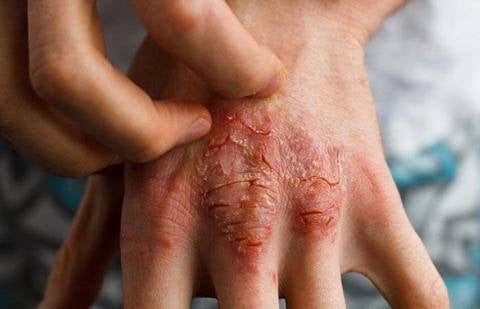As researchers continue to uncover more about the MTHFR gene, we are discovering more about the symptoms and side effects experienced by those with a mutation in the gene. While some of the most common symptoms include depression, digestive issues, cardiovascular complications and neurodegenerative diseases, eczema is one that often gets overlooked.
If you’ve been struggling to find relief when dealing with eczema, it might be time to consider getting tested for an MTHFR mutation. There are ways to treat these mutations and supplement around them, which may help solve some of the eczema symptoms -- especially if your child is significantly suffering from eczema.













